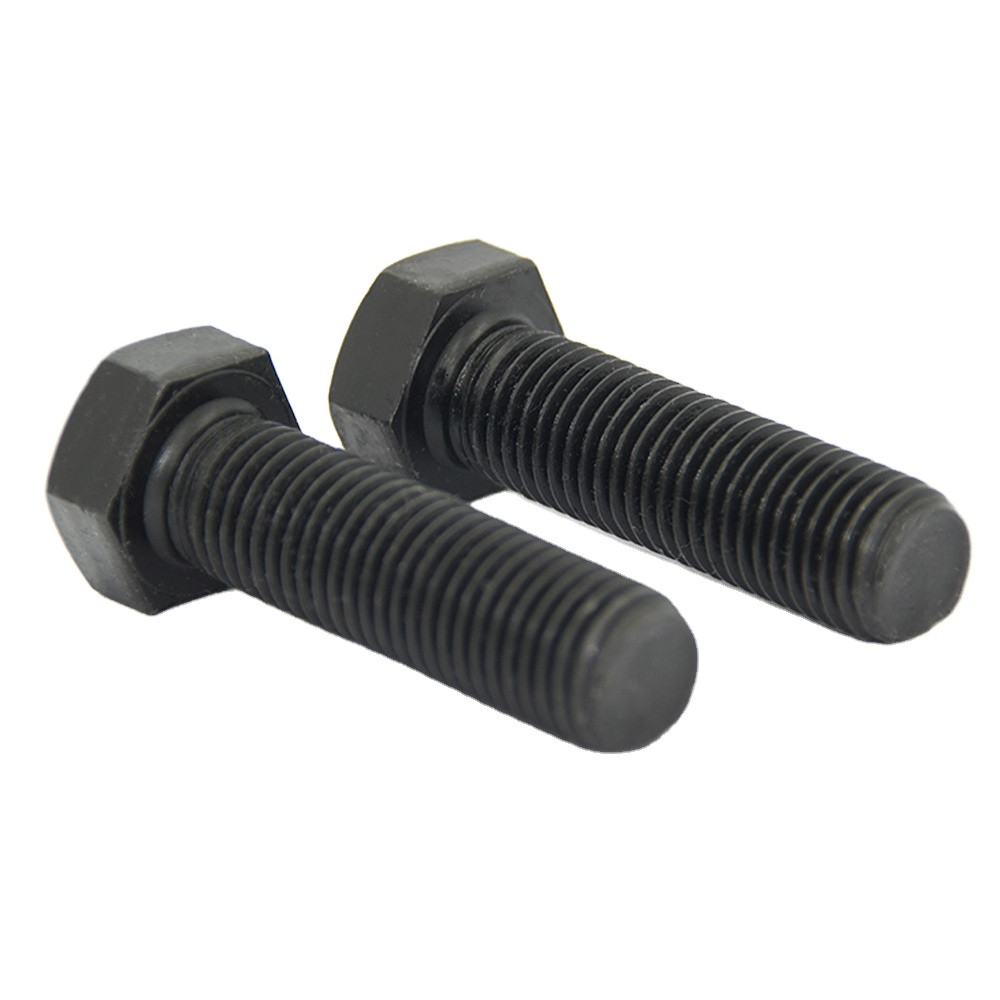High-Quality 6x14 Stud Bolt Production for Industrial Applications and Supply Needs
نويابىر . 27, 2024 00:04 Back to list
High-Quality 6x14 Stud Bolt Production for Industrial Applications and Supply Needs
Understanding 6x14 Stud Bolt Manufacturers
In the contemporary industrial landscape, the significance of high-quality fasteners cannot be overstated. Among these, stud bolts play a pivotal role in various applications, ranging from construction and automotive to aerospace and manufacturing. One of the common specifications in this domain is the 6x14 stud bolt. This article aims to delve into what a 6x14 stud bolt is, its applications, and the factors to consider while choosing a reliable manufacturer.
What is a 6x14 Stud Bolt?
The designation 6x14 typically refers to the specific dimensions and thread characteristics of the stud bolt. In this context, 6 refers to the diameter, while 14 indicates the length. The 20 might denote the thread pitch or type, which is vital for ensuring compatibility with corresponding nuts or threaded holes.
Stud bolts, unlike regular bolts, are often used in pairs with nuts on both ends, making them ideal for high-stress applications. Their design facilitates easier loading and improved load distribution, allowing them to mitigate the risks of loosening or failure under pressure.
Applications of 6x14 Stud Bolts
Stud bolts are crucial in various industries, including
1. Construction In structural applications, stud bolts are utilized to join steel beams, support frameworks, and in various foundation elements. Their strength and reliability are paramount to ensuring the safety and stability of buildings.
2. Automotive Industry Stud bolts are widely employed in vehicle manufacturing, particularly in engine components where they must withstand high levels of stress and thermal expansion.
4. Aerospace The aerospace industry demands the highest safety standards, which makes the usage of stud bolts critical in assembling components that navigate extreme conditions.
6x14 stud bolt manufacturer

Choosing the Right Manufacturer
Selecting a reliable manufacturer for 6x14 stud bolts can significantly impact the quality and performance of your projects. Here are some factors to consider
1. Certification and Standards Ensure that the manufacturer adheres to industry standards such as ISO, ASTM, or ANSI. Certified manufacturers are more likely to maintain stringent quality control processes and produce products that meet or exceed specifications.
2. Material Selection Different applications require different materials for stud bolts. Common materials include carbon steel, stainless steel, and alloy steel. A reputable manufacturer will provide clear information on the material used and its suitability for specific applications.
3. Customization Options In many cases, standard sizes may not meet specific project demands. A manufacturer who offers customization options—be it in terms of size, length, or material—can be invaluable.
4. Quality Assurance Look for manufacturers who have a comprehensive quality assurance process in place, including testing for tensile strength, corrosion resistance, and other relevant criteria.
5. Experience and Reputation A manufacturer with years of experience and a solid reputation in the industry is often a safer choice. Research customer testimonials and case studies to gauge their reliability.
6. After-Sales Support Active customer service and support can facilitate smoother transactions. Whether you have questions about installation or need assistance with a return, a manufacturer that prioritizes customer service is a significant advantage.
Conclusion
In summary, the importance of stud bolts, particularly those classified as 6x14 , cannot be overlooked in various industries. They serve vital functions in safety, stability, and overall performance of mechanical structures. By carefully considering the manufacturer’s credentials, materials, customization options, and quality assurance processes, industries can ensure they choose the best products to meet their specific needs. As technology advances and industries evolve, manufacturers who stay ahead in quality and innovation will continue to be sought after in the fastener market.
Latest news
-
Reliable Axle Nuts Supplier | Quality & Precision Fasteners
NewsAug.23,2025
-
Durable Bolts for Lawn Mower Handle - Top Supplier & Manufacturer
NewsAug.22,2025
-
High-Quality Bolts for Lawn Mower Handle Supplier & Manufacturer
NewsAug.21,2025
-
Reliable Axle Nuts Supplier | High-Quality Automotive Parts
NewsAug.19,2025
-
Premium Wire Bolts Suppliers | Durable & Reliable Fasteners
NewsAug.18,2025
-
Leading Metric Wood Screw Companies & Manufacturers
NewsAug.17,2025
